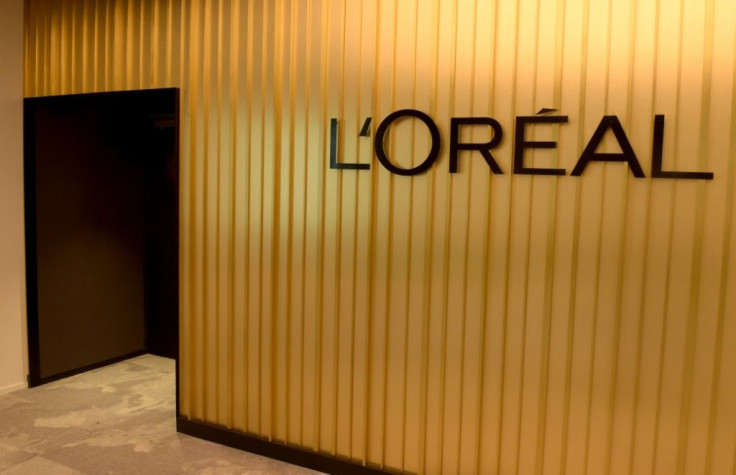L'Oreal To Remove Words Like 'Whitening' From Products
French cosmetics giant L'Oreal announced Saturday it was removing words like "whitening" from its products, against the backdrop of global anti-racism protests as big business wakes up to the issue.
L'Oreal is the latest multinational after the likes of Unilever, Johnson & Johnson and Mars to respond to the Black Lives Matter (BLM) movement, prompted by the police killing in the US of African-American George Floyd last month.
"The L'Oreal Group has decided to remove the words white/whitening, fair/fairness, light/lightening from all its skin evening products," the company said in a brief statement.
The announcement follows Thursday's decision by the Indian and Bangladeshi arms of Unilever to rename their locally marketed "Fair & Lovely" skin-lightening cream for the same reason.
Anglo-Dutch firm Unilever -- which reportedly raked in some $500 million in revenue from the product in India last year -- said it would stop using the word "Fair" in the name as the brand was "committed to celebrating all skin tones".
In India, several Bollywood stars have come under fire for endorsements of skin-whitening products, including actor and former Miss World Priyanka Chopra, who faced a backlash after posting in favour of the BLM campaign.
Several companies -- including L'Oreal -- have been criticised recently for skin-lightening products after the global rise of BLM.
Johnson & Johnson said last week it would stop selling some Neutrogena and Clean & Clear products, advertised as dark-spot reducers in Asia and the Middle East.
"Conversations over the past few weeks highlighted that some product names or claims on our Neutrogena and Clean & Clear dark-spot reducer products represent fairness or white as better than your own unique skin tone," a Johnson & Johnson statement said, adding: "This was never our intention --- healthy skin is beautiful skin."
Several American groups have said they would change their visual identity, including confectioner Mars, which says it plans to develop its famous Uncle Ben's brand, which uses a caricature of an African American as its logo.

Elsewhere, Quaker Oats (PepsiCo) has promised to withdraw by year's end its 130-year-old image of Aunt Jemima from a brand of syrup and pancake mix, saying it represents a "racial stereotype."
Australia is to rename its Allen's Lollies-branded Red Skins and Chicos confectioneries made by Nestle over perceived racial connotations with the products.
Colgate-Palmolive is meanwhile to "reexamine" the name of its toothpaste brand Darlie which is sold in Asia but means "toothpaste for black people" in Chinese. Until 1989, the marque had been called Darkie.
Other groups are also taking action -- Verizon, Honda, Ben & Jerry's (Unilever), Patagonia and North Face are among those campaigning for an advertising boycott of Facebook in a bid to make the media behemoth tackle hate speech and misinformation.
At the same time, firms are being closely watched to see if their embracing of the "Black Lives Matter" slogan is just a cosmetic move amounting to "BLM washing."
Apple has introduced a $100 million initiative for racial equality, education and criminal justice reform.
PepsiCo for its part has unveiled a $400 million plan over five years to aid black communities and bolster black peoples' representation within the group.
According to a report issued last year by the Boston Consulting Group, firms have a long way to go generally in boosting black representation with only three Afro-Americans and 24 women heading the 500 largest US firms as measured by revenue.
cho/tq/cdw/bsp
© Copyright AFP 2024. All rights reserved.





















